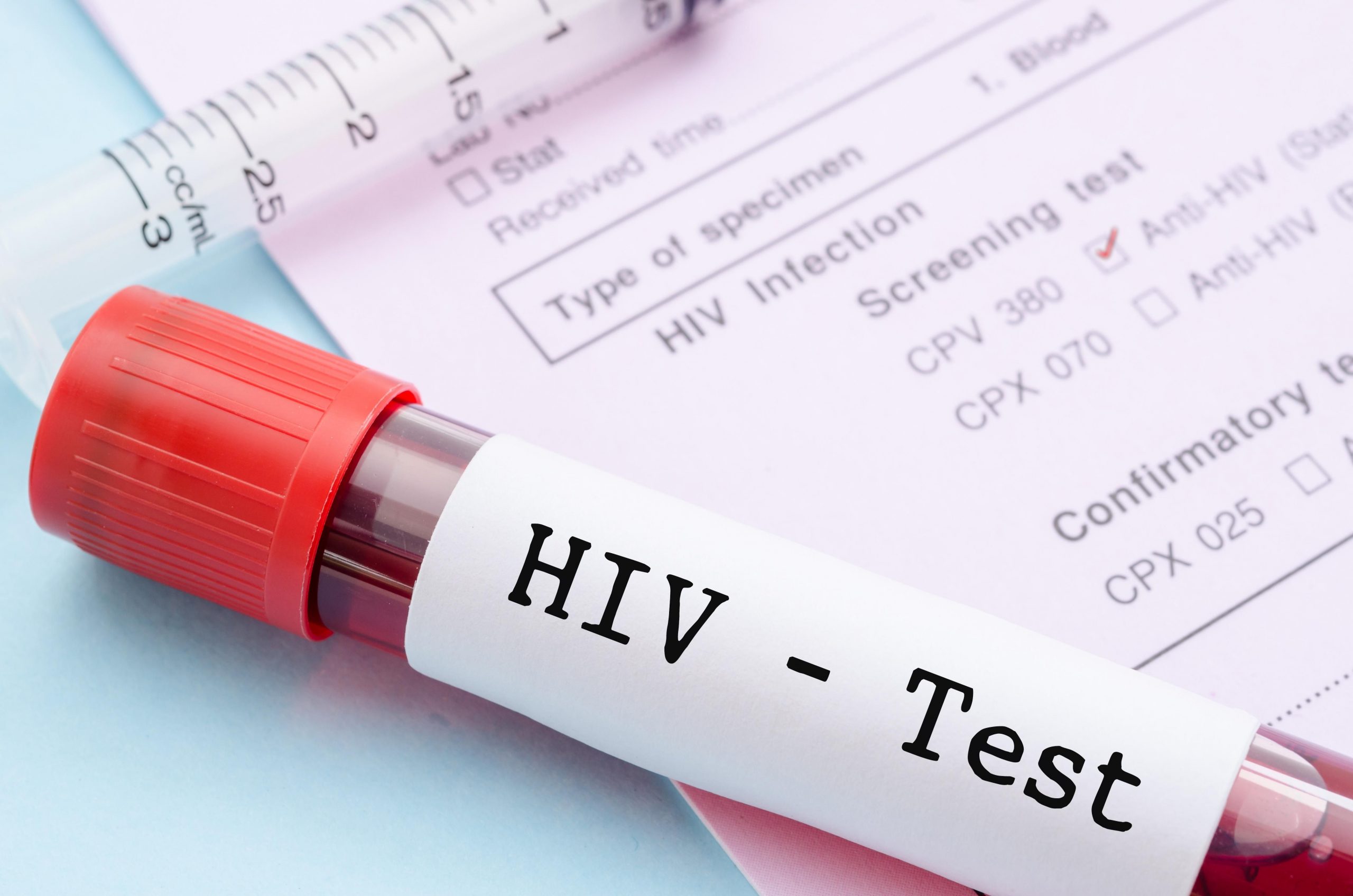
The monkeypox illness now spreading around the globe is showing some symptoms that are very different from those seen in previous outbreaks, a new study shows. These unique symptoms include rectal pain, penile swelling, solitary lesions and swollen tonsils, researchers report in the July 28 issue of the BMJ. “Understanding these findings will have major… read on > read on >


















